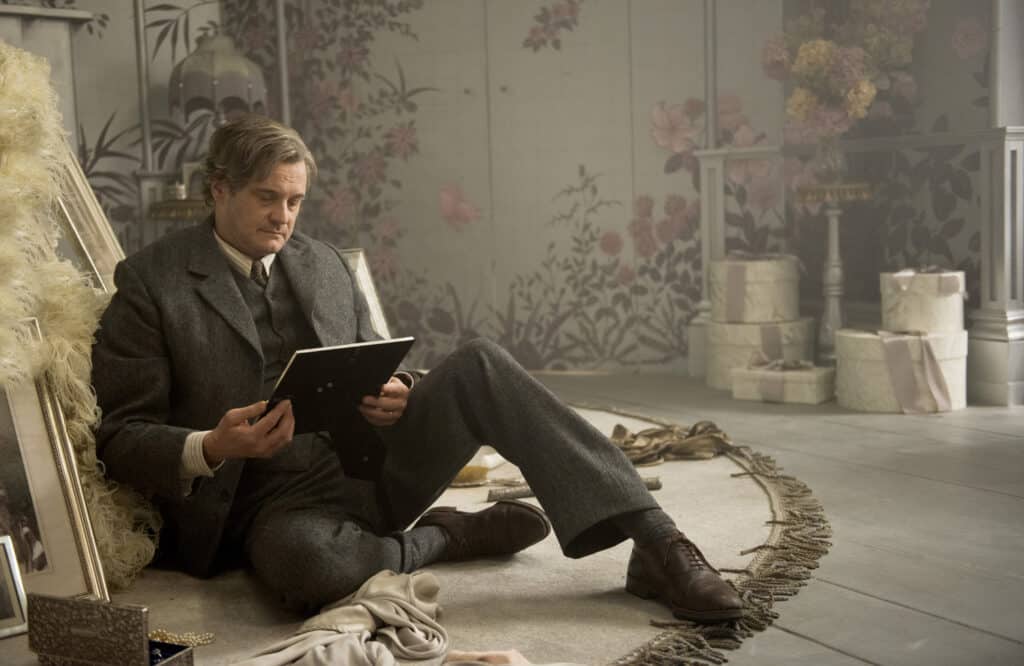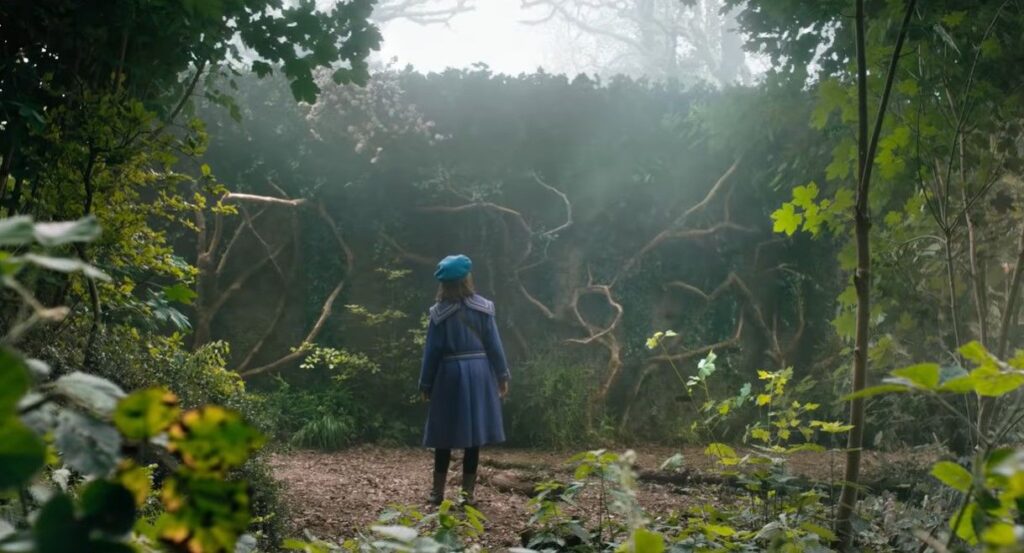Read also:
How to Watch FX Live Without CableHow To Watch AMC Without CableHow to Watch ABC Without CableHow to Watch Paramount Network Without CableMarc Munden’s adaptation of the Frances Hodgson Burnett novel is too myopic to fully bloom, but it has just enough flourishes to work.
The first thing you read on the movie poster for The Secret Garden is, “From the producers of Harry Potter and Paddington.” This tells you everything you need to know: There will be children, darkness, magic, and Dame Julie Walters.
Marc Munden, British period mini-series maestro (The Crimson Petal and the White, The Devil’s Whore) and former assistant to British queer visionaries like Derek Jarman and Terence Davies, helms this adaptation of the bothersome children’s classic. Freely adapting the 1911 novel of the same name by Frances Hodgson Burnett (A Little Princess) and set just after World War II, Munden has created a film that is visually stunning but deeply haunted by its colonial past.
The film opens in 1947 on the eve of the Partition of India and Pakistan, in which millions were displaced and thousands slaughtered as the result of Britain pulling out of India and drawing haphazard national boundaries. Mary Lennonx (Dixie Egerickx), a young upper class white girl, awakes from a night filled with the sounds of horror to find herself alone, her home ransacked and deserted.

After soldiers find her, Mary is sent back to England to live with her uncle Lord Archibald Craven (Britain’s Favourite Uncle, Colin Firth) in the mysterious Misselthwaite Manor. During the day, Mrs. Medlock (Dame Julie Walters!) and confidant maid Martha (Isis Davis) look after her. At night, terrifying sounds of moaning and wailing terrify her, and she wanders the dark corridors looking for its source. As she explores, she soon finds traces of a tragic past hoping to be forgotten and her cousin Colin (Edan Hayhurst), disabled from a disease that no one knows how to care for.
Curious about what other secrets await on the grounds, she begins to explore the moors and forests, encountering a dog named Gemima, Martha’s brother Dickon (Amir Wilson), and a walled garden, which, on the outside, appears overgrown with neglect. But once she’s inside, she discovers the magic of the garden and the magic within herself to change the lives of everyone at Misselthwaite Manor.
Munden reteams with production designer Grant Montgomery and art director Pilar Foy to texture Misselthwaite so as to capture the decaying elegance of the British post-war aristocracy. While mostly CGI, the garden is a visual pleasure that rewards the buildup. Munden, Montgomery, Foy, and cinematographer Lol Crawley (Vox Lux) sumptuously lean into the Gothic nature of the story’s first half. The tale features a host of tropes: Ghosts, hidden rooms, burning buildings, crying men, the works. Accentuated by Dario Marianelli’s (Atonement, Jane Eyre) simple yet alluring score, the early parts of the film are genuinely chilling. Whoever was working the fog machine deserves an award.

Though the film stakes some its prestige on the draw of its adult cast, they’re not in the film long enough to really show their range. However, what we do get from Firth and Walters are worthwhile moments of stillness. Davis has perhaps the hardest job being the only Black woman in a supremely white story, and playing a caregiver-servant to a young brat while avoiding stereotypical trappings. Mary isn’t too far from Scarlett O’Hara in wealth or temperament, so the fact that Martha still reads as human in the little screen time she has should be considered a performance triumph.
The Secret Garden is the kind of classic children’s story that we still tell to young girls, especially adventurous young girls, that their ultimate path in life is to nurture and domesticate oneself and others. While this adaptation shies away from any possible romance unlike other previous versions, this film adds Mary healing and caring for a dog to prefigure her relationships with both Colin and Dickon to suggest that Mary’s true identity is far more feminine and nurturing than she knows herself. She tames an animal, then herself, then a garden, then others. In that, this modern Mary still follows an Edwardian gender trajectory.
For now, this film is a magical garden. It’s vibrant now, but it’ll wilt and wither with the frost.
Like Colin’s cries that crawl through the corridors at night, colonialism and disease echo invisibly throughout the whole film. The choice to begin the story on the eve of Partition adds a pointless intensity to Mary’s needing to leave India, especially since there are no Indians shown at all. Her return to England, then and now, was to make her appreciate her homeland more than the exotic but wild colony. Indeed, the only Indian characters are Mary’s shadow puppets, Rama and Sita, which is an apt metaphor for how colonialism itself is handled in the film—a controlled shadow projected on a white-washed background.
The original novel, having been written in 1911 at the end of a decades-long outbreak, cholera plays a much more prominent role. Cholera is the source of all the tragedy in Mary’s world, why she’s so angry, why she’s so confused. It’s invisible and it’s sudden. But the novel and past film adaptations have a frankness about disease and sickness that’s missing here.
What I found most chilling about The Secret Garden is how potentially relevant this film may be for a generation of children who will grow up in bodies and houses haunted by disease, maintaining the quarantine gardens left behind. Time will tell. For now, this film is a magical garden. It’s vibrant now, but it’ll wilt and wither with the frost.
The Secret Garden sneaks onto VOD this Friday, August 7.